Are you thinking of signing up for a photography workshop? Are you looking to get the most possible out of it?
Don’t worry. In this article, we’ll give you lots of advice and tips for getting the most out of your next photography workshop.
Let’s get started!
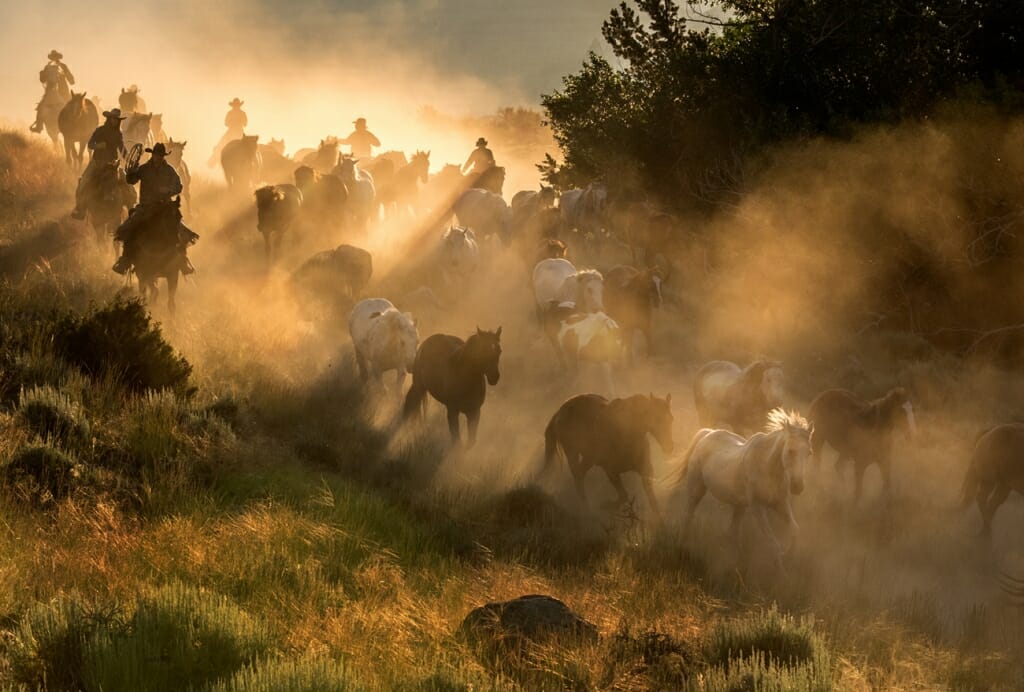
1. Check Out Workshop Leader in Advance
Be sure and check out the photographer’s website to see if you like their style. Most photographers share their work on social media platforms such as Instagram, Facebook, etc. Following that photographer is a good way for you to gauge that person’s work and if it fits your needs.
In this step, your aim should be to confirm or identify the experience of the photography workshop leader.
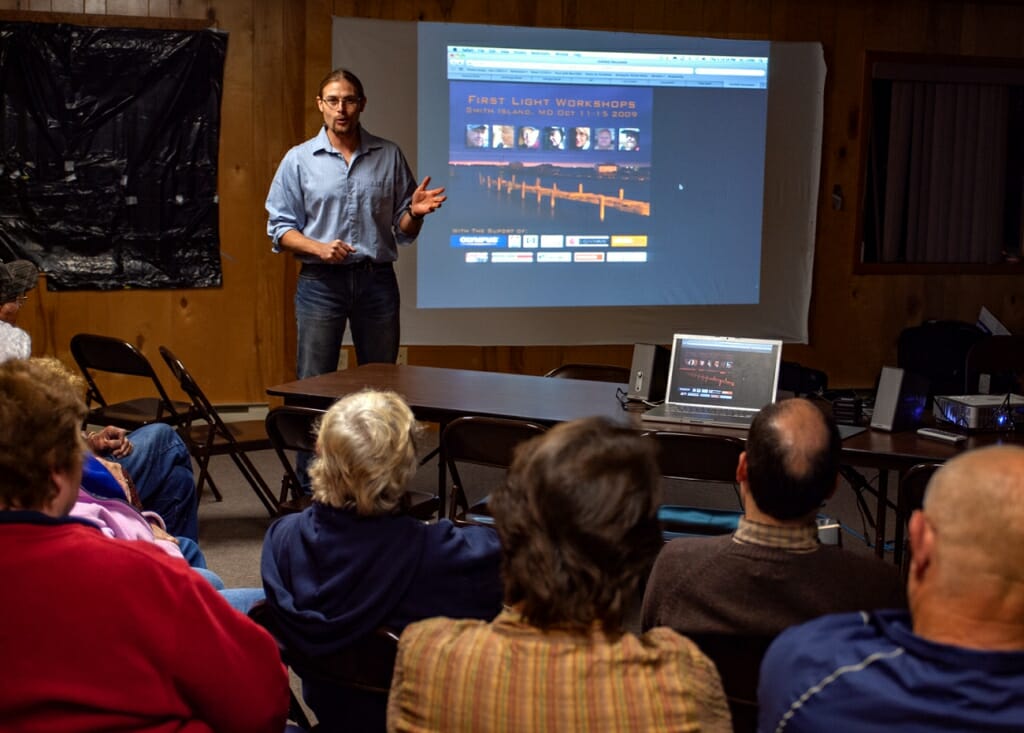
2. Confirm Who Will Be Conducting the Workshop
Additionally, confirm that the photographer will be there for the duration of the event. You don’t want to spend your money on an event that is run by an assistant with the “star” making a singular appearance.
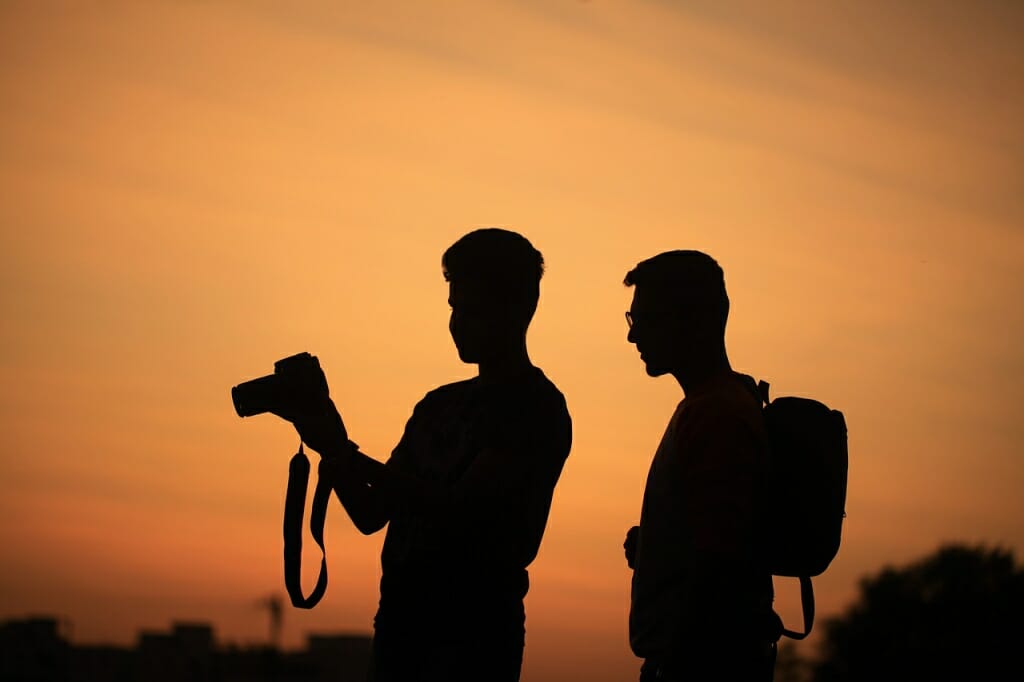
3. Ask, Would This Workshop Help Me Grow My Skills?
A good photography workshop should help you grow as a photographer.
How do you know if a workshop can help you improve?
Research and inquire.
Send an email to the workshop leader and ask them for an outline. You can also tell them what you are currently struggling with. Then proceed to ask how taking this workshop will help.
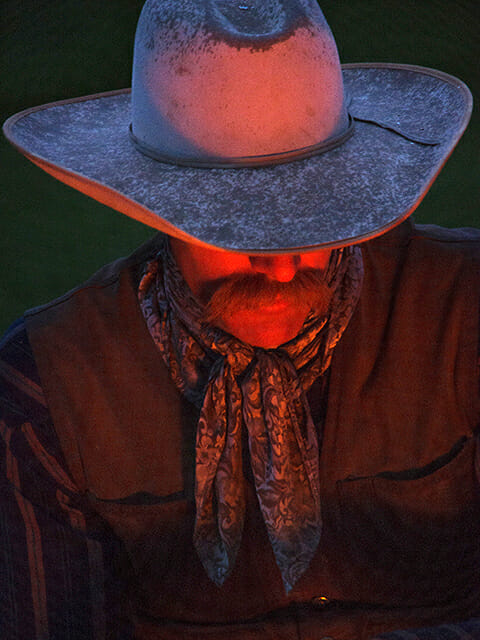
4. Be Ready for Critique During Reviews
Bring a bit of a thick skin for reviews.
A good critique of your work will provide positive information on which you can build. You should come out of that critiquing process with direction and a goal to improve your photography.
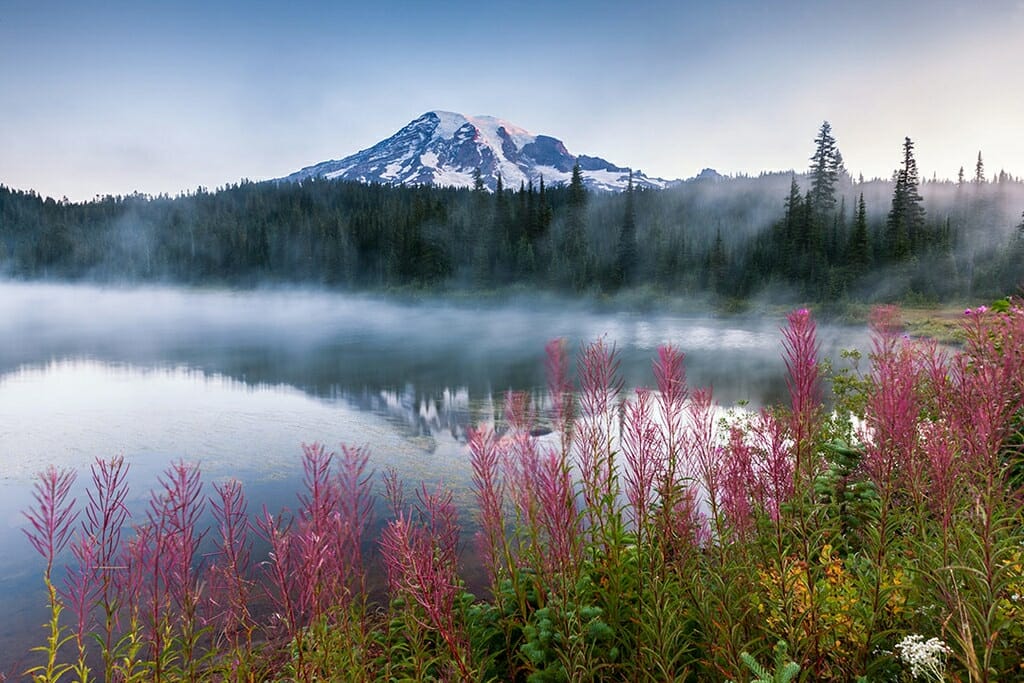
5. Keep Practicing After the Workshop
You’ll probably come out of a good photography workshop on a “high”. Seeing photographically and enthused about making more images.
Give yourself the opportunity to continue shooting while in this energized state. You can keep practicing on your own or perhaps even ask the leader about adding time onto your workshop.
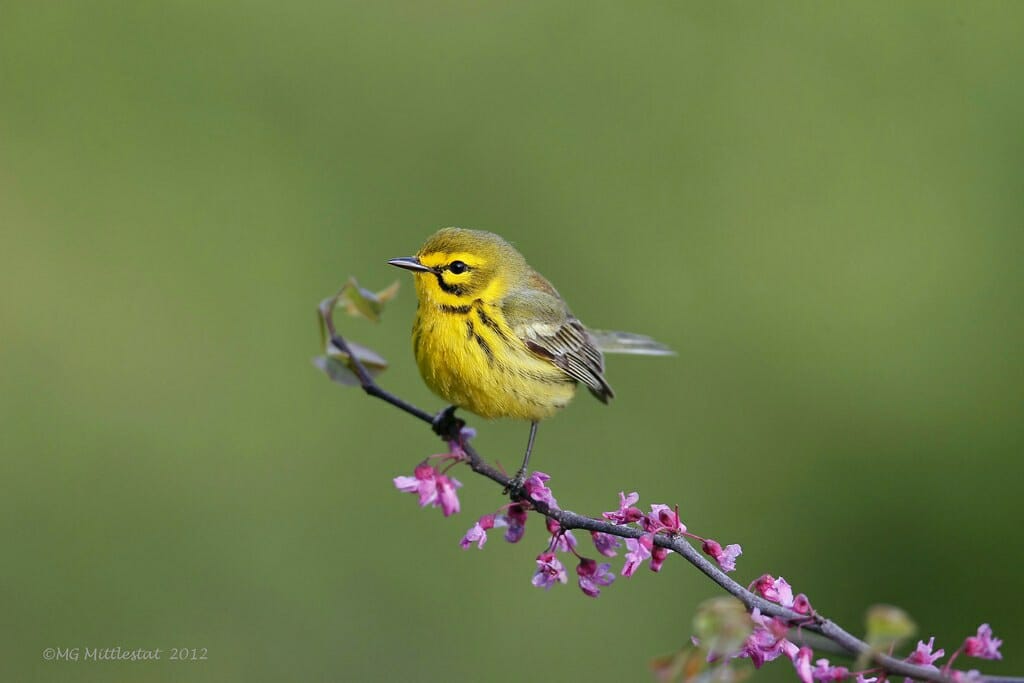
6. Be Ready for “Lens Envy”
In a workshop environment, you might find that other participants have the latest gear available.
Just remember:
“The camera doesn’t make the photo, the photographer does”
(more photography quotes)
I’ve seen incredible images made with the most inexpensive “point and shoot.”
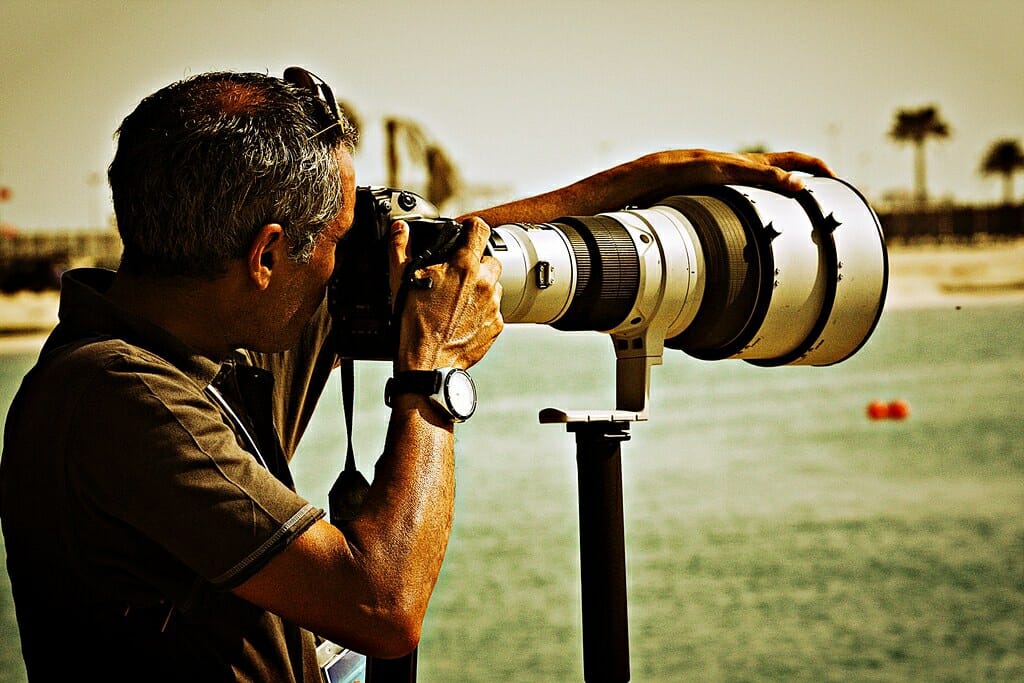
7. Ask Questions
Don’t be embarrassed or intimidated to ask questions. What you may think is a silly question may be on the mind of several participants.
Plus, a good question can be the catalyst for further discussion.
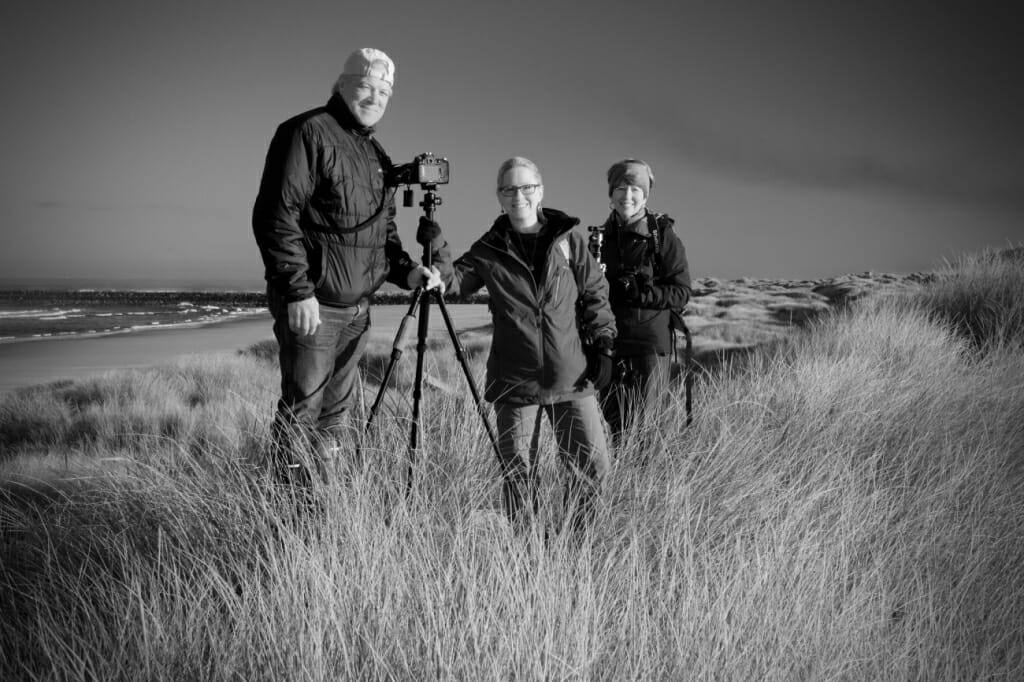
8. Be Familiar with Your Gear
Before you arrive at the photography workshop, make certain you’re comfortable with your camera equipment. I’ve seen folks come to workshops with a brand-new camera–and then struggle to work it in critical situations. Make sure you know the basics like how to change your aperture, ISO, shutter speed and shooting modes.
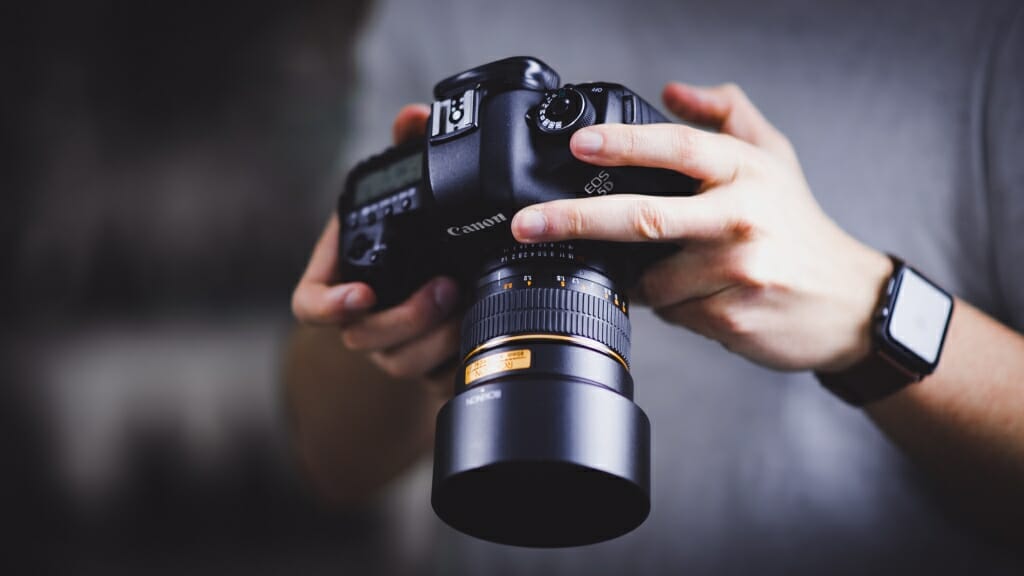
9. Consider Bringing a Second Camera Body
It is a good idea to bring a second camera body to the workshop just in case. I’ve had a few occasions where a student’s camera body miraculously decide to give up.
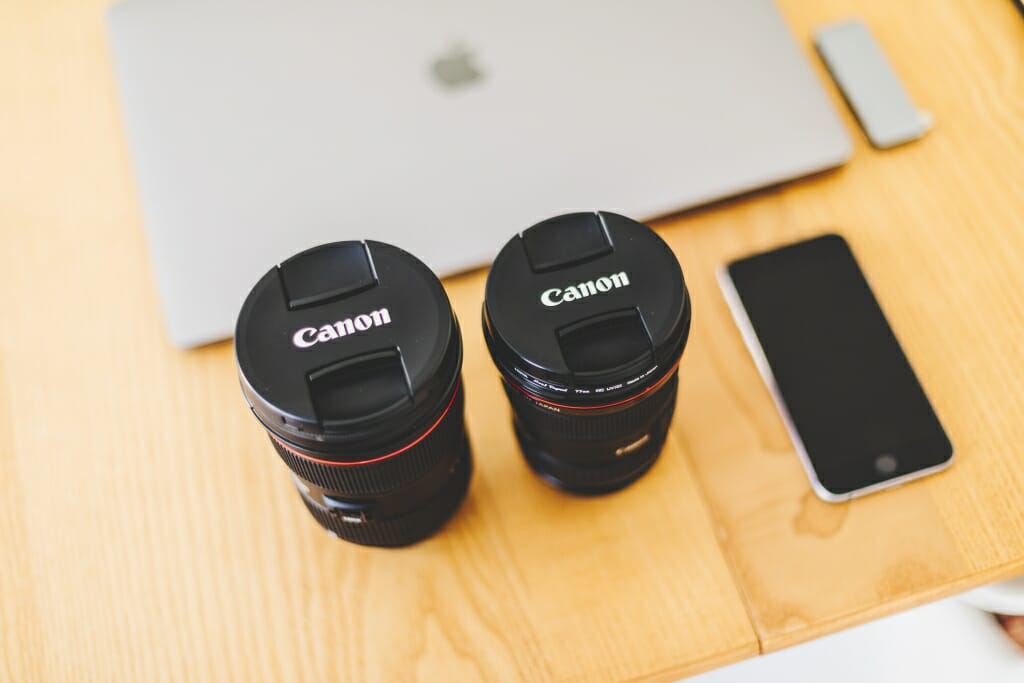
Same goes for the lenses. I always carry around two primary lenses: a wide-angle zoom and a telephoto zoom. These two lenses really accommodate just about every photo situation that a workshop could cover. An extra battery in my pocket and I’m set to go.
10. Read the Fineprint
Before signing up for a photography workshop, make sure you pay attention to:
- Physical requirements of the workshop (if any)
- What are the Final products? Some workshops provide slideshows or prints. For example, we at the FirstLight workshops provide a workflow that participants can use in their photo editing step.
- What is the cancellation/insurance policy? Many workshops require cancellation and/or travel insurance for their events. These can be a financial lifesaver if you have to cancel at the last second.
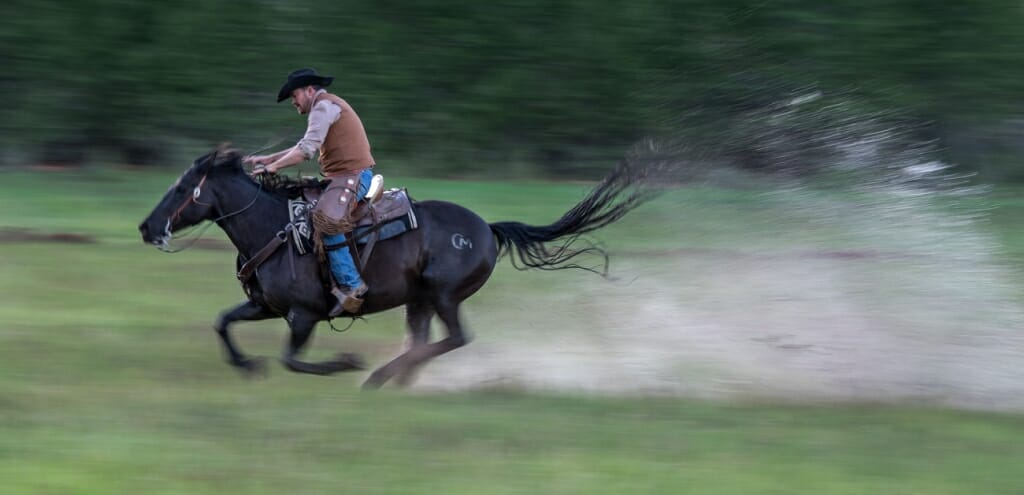
Now that you know how to get the most out of your next photography workshop, here are few tips on how to find one.
How to Find a Photography Workshop?
There are a LOT of photo workshops out there, but you have several tools at your disposal:
- Google Search is a great choice for finding the perfect workshop. However, you want to search for a workshop specific to your favorite genre of photography. Using the generic search term “Photography Workshops” brings up more than 300 million results, so filtering is important.
- Another place to check would be photo publications. Outdoor Photographer has a section towards the back of the magazine specifically for workshops. Digital Photo Pro also lists workshops online.
- Social media is also a great place to find workshops. Perhaps you are following photographers whose style and subjects resonate with you. Reach out and see if they are conducting workshops.
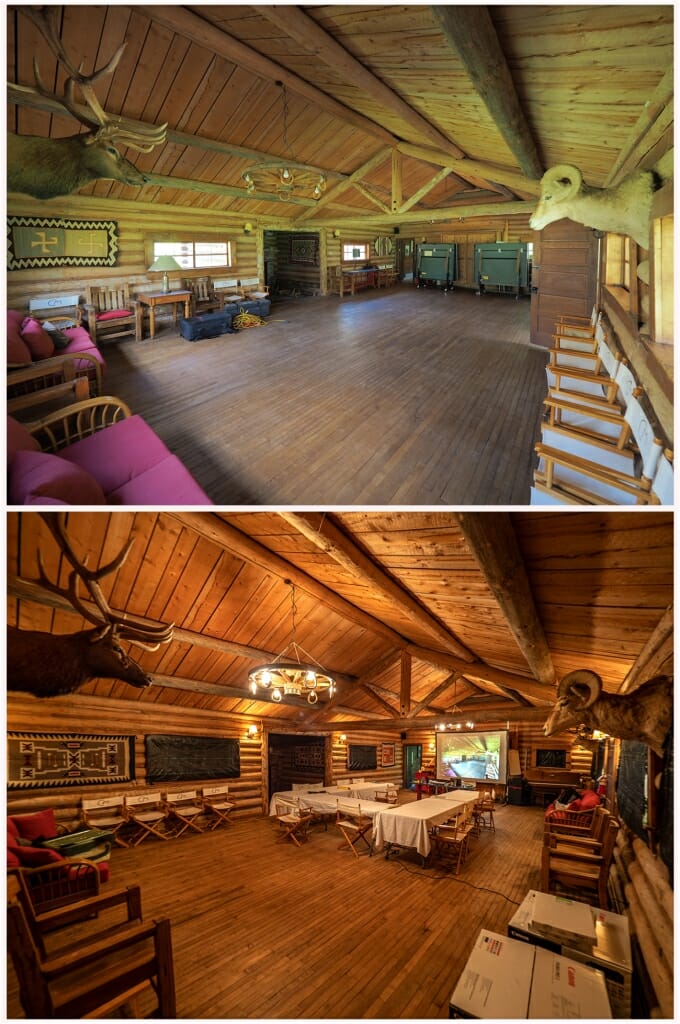
What Is the Difference Between a Photography Workshop and Photo Expedition?
A workshop will generally involve daily photography opportunities, along with a critique of your work. Workshops are very hands-on.
In fact, a good photography workshop can be worth a semester of photo school (or more!)
A photo tour means the photographer leading the tour will act as a guide, with a well-planned itinerary of a place or location. That photographer/leader will provide assistance in the field with technical and/or aesthetic discussions about photography.
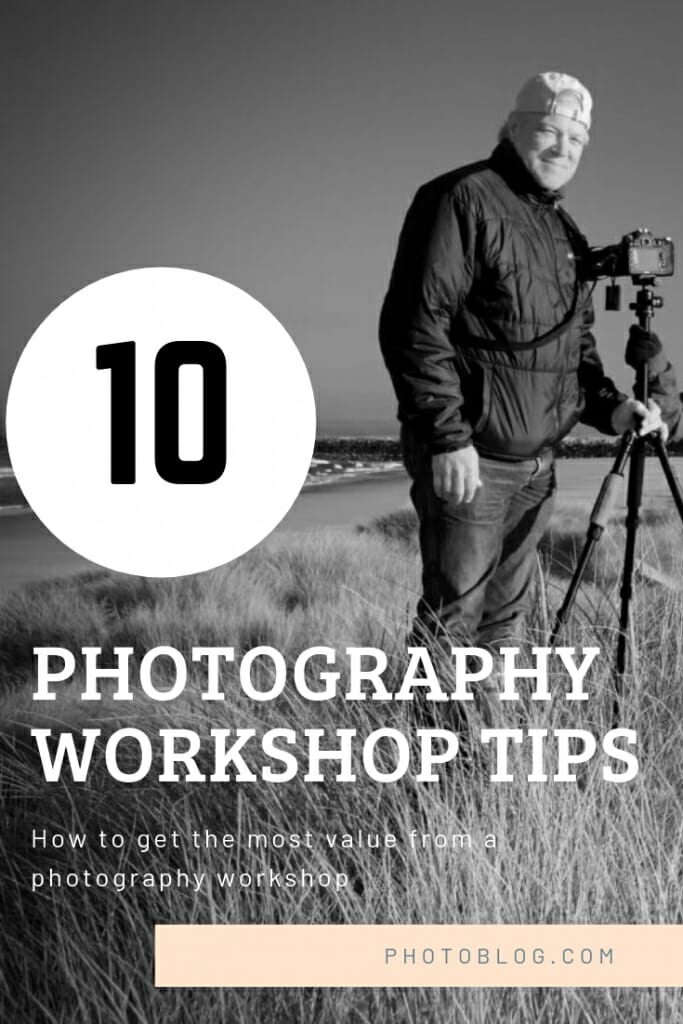
Now that you’ve finished this article, you’re a better photographer.
Guaranteed.
But the fact is, the journey doesn’t stop there. There are more tips, tricks, and secrets–all of which will help you take gorgeous photos.
And if you want to learn all of these secrets, I recommend you sign up for the PhotoBlog newsletter. We send our subscribers all sorts of great stuff–including the tips, tricks, and secrets, straight from the experts. All to help you capture world-class photographs.
Did I mention that it’s all totally FREE?
(Oh, and we’ll send you a natural lighting cheat sheet–designed to help you use light in ways you’ve never considered.)
So to start taking stunning photos, enter your email:
Download FREE Photography Lighting Cheat Sheet
Subscribe and get a free downloadable photography lighting cheat sheet
